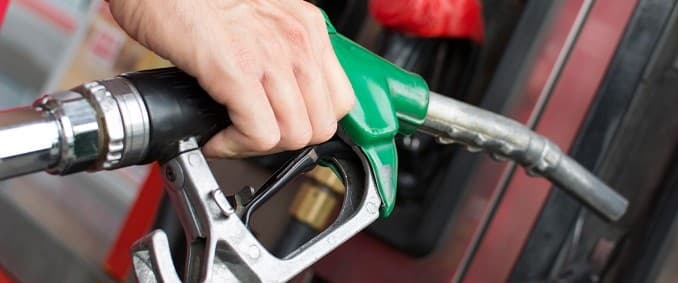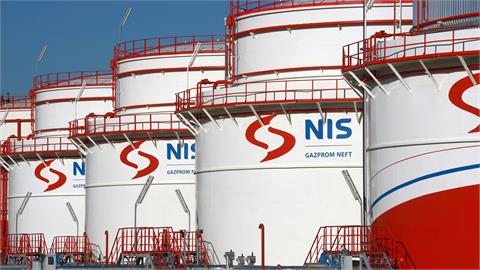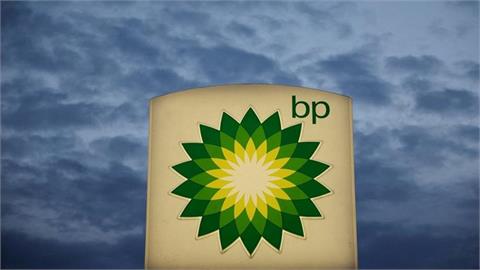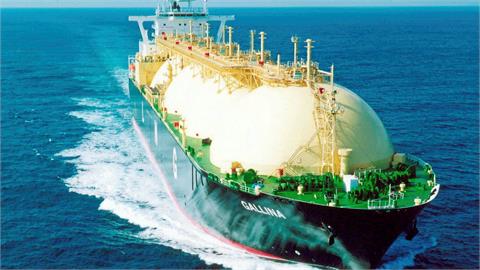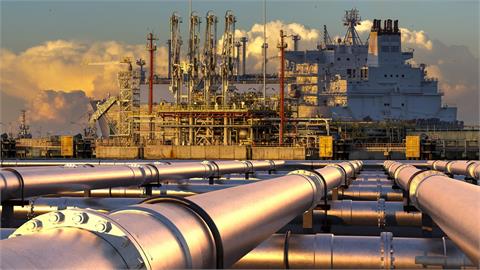By Costis Stambolis Last May, Bernard Looney, the CEO of BP, said that "the coronavirus hit to crude consumption was likely to endure beyond the pandemic- and may have even ushered in "peak oil" demand (See FT, 13/5/2020).
A few weeks later Rystad Energy’s 2020 annual review of world oil resources revealed that the Covid-19 downturn will expedite peak oil demand, putting a lid on exploration efforts in remote offshore areas and as a result the world’s recoverable oil will be reduced by around 282 billion barrels. Rystad further noted that global total expected remaining recoverable oil resources will decrease to 1,903 billion barrels.
Although the reaction to the above predictions was mixed, with cries of jubilation and relief from the green lobby which now confidently predicts "the end of oil”, to signs of consternation and anxiety in the oil sector, the truth of the matter is that the current situation gives credence to a very legitimate debate on the "peak oil demand" issue. Whereas a great number of market participants dismisses the prospect of the world having already reached maximum oil demand as pure fantasy, a closer look at developments over the last three reveals that Mr. Looney's perception of market fundamentals may not be that far from reality.
As a result of measures introduced to combat the coronavirus pandemic and in the space of just one month, the world saw global demand for oil contract by 22 percent compared to the 100 million barrel per day average demand figure for 2019. The International Energy Agency (IEA) expects a gradual increase in demand as countries ease lockdown conditions, and estimates that for the whole of 2020 global oil demand will be down by 8.1 mb/d compared to last year, before recovering to -5,7 mb/d in 2021.
The economic outlook for the next few years remains highly uncertain. The IMF predicts a 4.9% contraction in this year’s global GDP, with its managing director Kristalina Georgieva saying that "the outlook is worse than our already pessimistic projection”, and the Fed's chairman Jay Powell warning that "US economic recovery may take until the end of 2021”. As a result, crude oil demand, which is closely linked to economic growth, may never recover to 2019 levels.
Economists are in open disagreement over the form that eventual recovery will take, predicting that this could be in the form of a V, U, W or even an L. Some of them harbour the view that with oil prices having bottomed out, the global economy will benefit. Low crude rices could be a boon for developing oil importing countries whose economies may experience a rapid growth and thus help drive oil demand upwards. However, this explanation is wanting especially since the IMF and other organizations have warned of the devastating economic consequences for most emerging economies which according to its outlook could a sharp decline in GDP, and hence any amount of cheap oil will not be enough to prop up their ailing economies.
If we examine the factors which determine oil demand growth, one can conclude that road and aviation fuel demand corresponded to 57% of the total demand, by far the greatest segments, with shipping, petrochemicals and other uses following behind. As a consequence of the present crisis, "social distancing" may well emerge as the new behavioral norm. Seen from a business perspective the ease with which physical presence was replaced by digital means is quite astonishing. To that we must add the almost instant switch to working-from-home for millions of office workers, a fair number of which may opt never to return full-time to their offices.
But more than that it was the realization that a lot more could be achieved if we were to scrap altogether time consuming face to face meetings, conferences and wasteful business travel and also scale down on the plethora of office anchored jobs. Not that we shall see the end of them but given the latest experience many companies will most likely decide to significantly limit social interaction and also save costs by curtailing permanent office jobs. The detrimental effects on oil demand that such prospects may hold are obvious with road transportation and aviation suffering mostly as the new social and business reality takes shape.
To that we must add the drive by several countries to combat climate change by lowering emission levels and switching to cleaner fuels such as natural gas and renewables and by promoting electric vehicles. In all scenarios developed by the IEA, oil maintains its dominance in the energy mix, but sees its overall market share shrink. It seems that our post coronavirus world is not going to be that supportive of greater oil use.
Meanwhile, there appears to be a growing realization within the industry that the present demand anomaly is not just a mere market correction but signals the end of an era. Nevertheless, we should point out that although demand will inevitably pick up, its characteristics are bound to be different compared to pre crisis ones. The common denominator being the lower volumes involved in almost all activities, a factor which will negatively impact oil demand and hence 2019 could indeed come to be regarded as the year when "peak oil demand" was reached. Hence, there is a widespread belief that we have already reached an inflection point.
Of course whether or not we have actually reached a peak oil demand situation will not be known for some years, when statisticians make up the final bill. But all the markings of a "fin de saison” for oil, as the main stay for energy markets, are there.
By Costis Stambolis for Oilprice.com (https://oilprice.com/Energy/Crude-Oil/Will-Oil-Ever-Recover-To-Pre-COVID-Levels.html) (14/7/2020)
